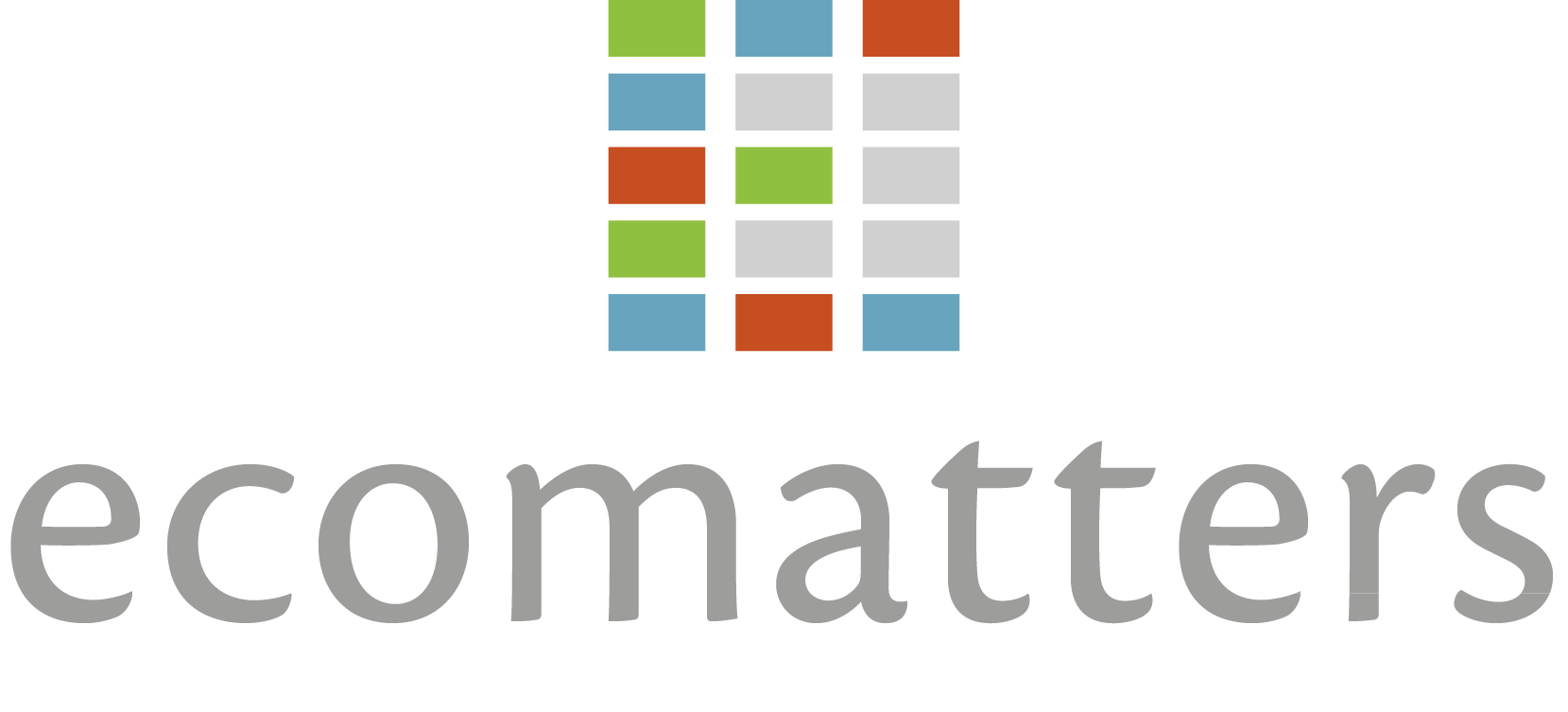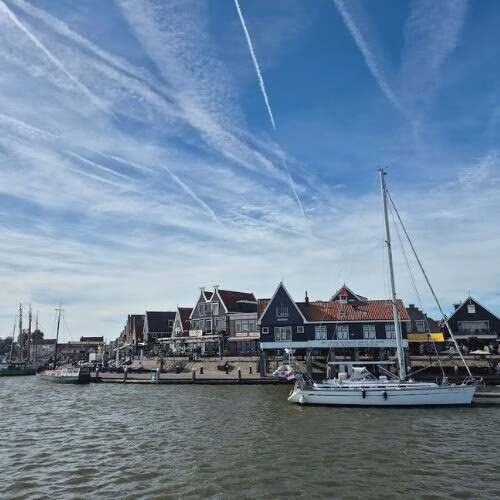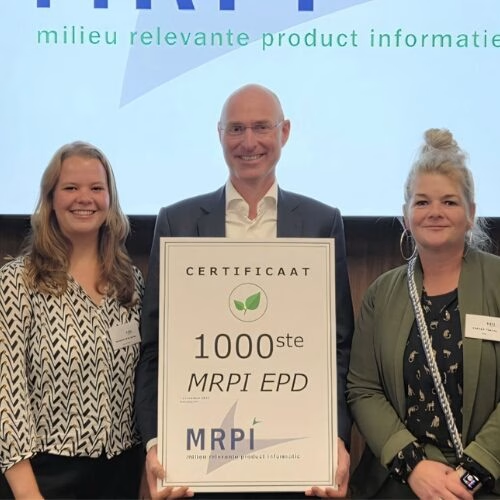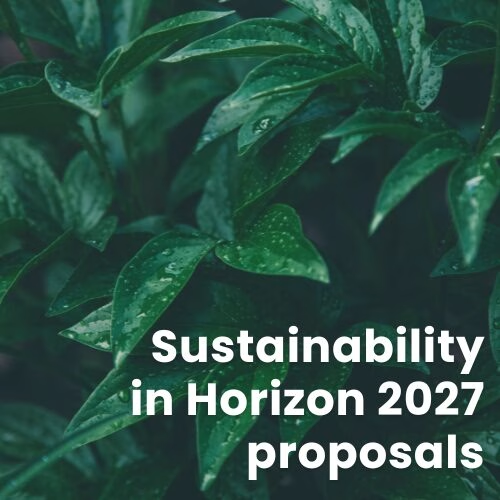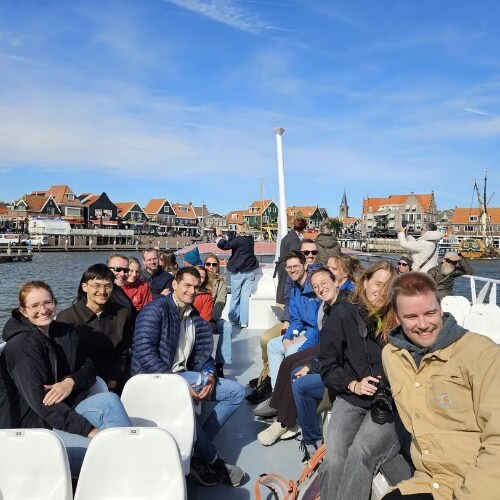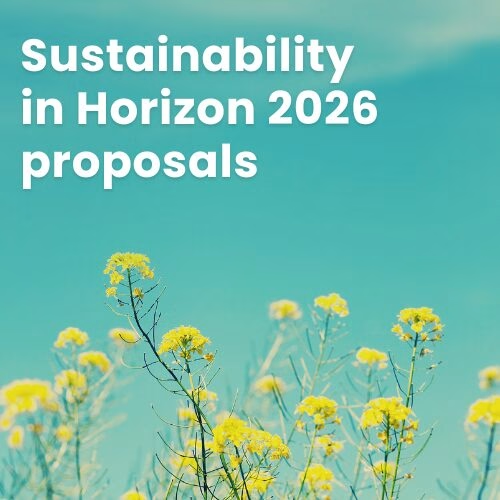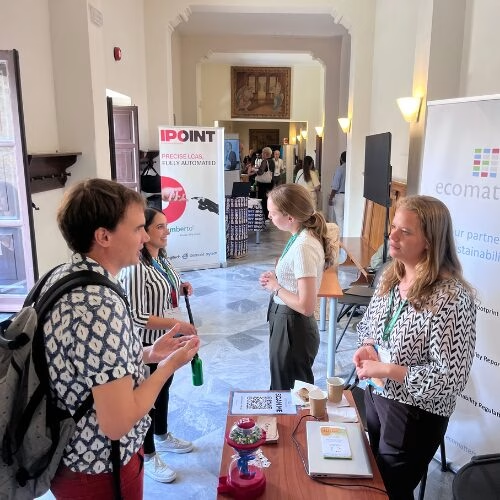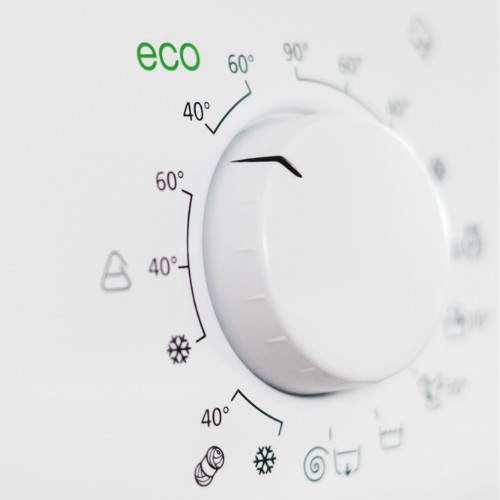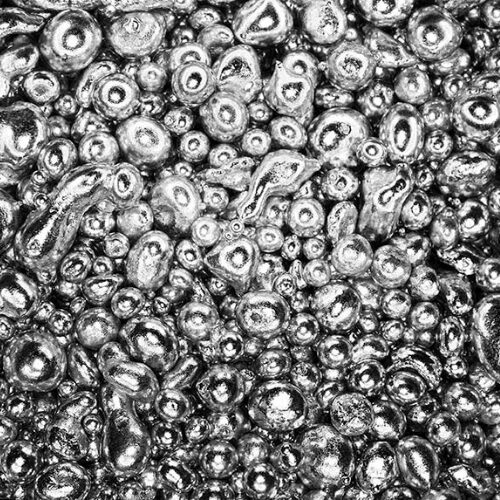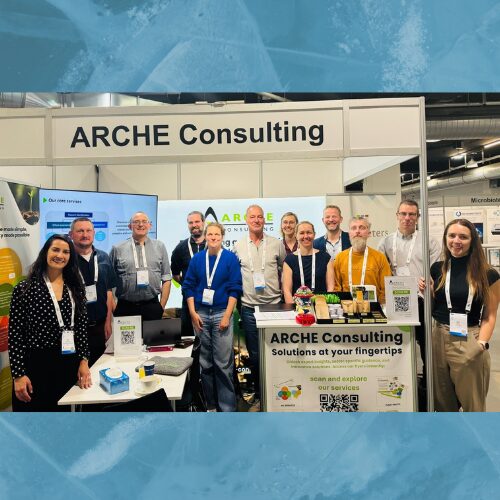The problem
When you throw something away it becomes waste. More specifically, the EU Waste Framework Directive or WFD defines waste as ‘any substance or object which the holder discards or intends or is required to discard’. Any substance or object is either waste or non-waste.
When a company wants to do something with this waste such as sorting, incinerating, composting, etc, specific waste regulations apply to protect people and the environment. However, currently, economies are transforming into a more circular system. This means that we try to generate less waste by re-using products and instead of incineration, waste is recycled into new products.
For recyclers, it is highly important to know exactly when they deal with waste and when not. For example, they need to establish whether their ‘raw materials’ are waste within the meaning of the WFD or possibly remaining substances, mixtures, or articles within the meaning of REACH.
EU-framework
To stimulate the re-use of waste into new raw materials, the EU frameworks regarding waste and substances make it possible for waste to cease being waste. When a recycled product receives the status of end-of-waste, users of this product no longer have to comply to waste regulations. These end-of-waste rules have recently been amended by the revision of the main European waste directives in 2018 and must be implemented before 5 July 2020 by member states.
To judge if and when something ceases to be waste, End-of-waste criteria are being developed for product groups. In general, a given waste may only cease to be a waste if:
- The substance or object is commonly used for specific purposes;
- A market or demand exists for such a substance or object;
- The substance or object fulfills the technical requirements for the specific purposes and meets the existing legislation and standards applicable to products;
- The use of the substance or object will not lead to overall adverse environmental or human health impacts.
End-of-waste decisions can be very complicated. Therefore, the Dutch authorities have developed a web-based tool. This e-tool will show whether the assessed material or object is a by-product (Article 5 of the Waste Framework Directive) or if it has end-of-waste status (Article 6 of the Waste Framework Directive). The e-tool is currently only introduced in the United Kingdom and the Netherlands. It will probably be adopted and adapted by other European Union members in the near future.
